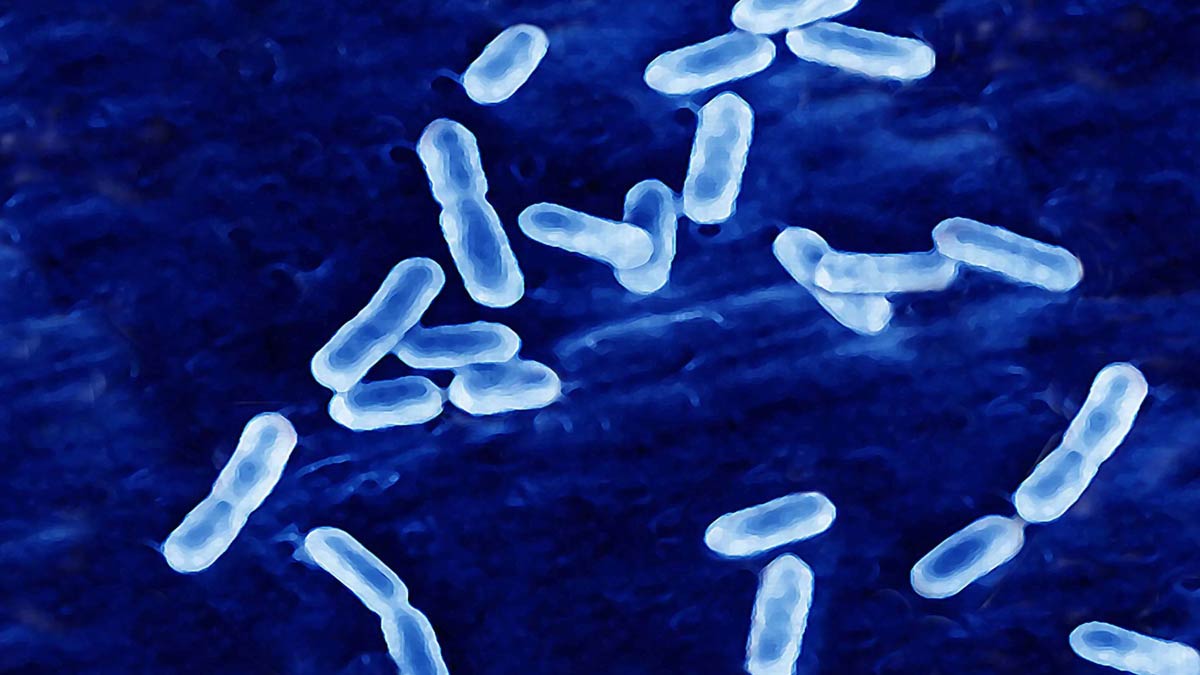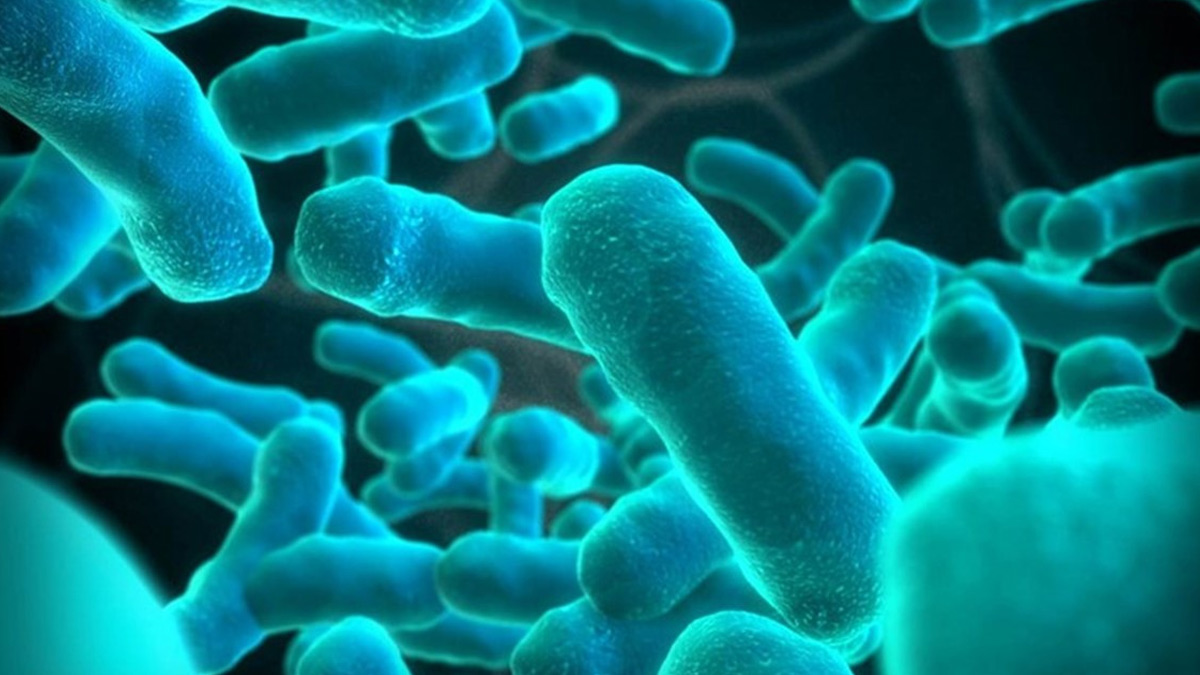
In recent months, the United States and Canada have faced a significant health challenge due to an outbreak of listeria. This deadly infection is linked to the consumption of food contaminated with the bacterium *Listeria monocytogenes*. The outbreak has prompted widespread recalls of various food products, including vegetables and deli meats, resulting in several fatalities and numerous hospitalizations. Here’s an in-depth look at listeria infection, its symptoms, and essential preventive measures.
Table of Content:-
Understanding Listeria Infection
Listeria is a serious foodborne bacterial illness primarily caused by ingesting contaminated food. The bacterium Listeria monocytogenes can thrive in environments that are not adequately sanitized, including improperly processed deli meats and unpasteurized dairy products. Although healthy individuals rarely suffer severe consequences, the infection poses severe risks to pregnant women, the elderly, and individuals with weakened immune systems.
For those at higher risk, listeria infection can be fatal, particularly affecting unborn babies and newborns. Timely treatment with antibiotics can significantly mitigate the effects of the infection.

Symptoms of Listeria Infection
Listeria infection can manifest in various ways. As per Dr Ksheetij Kothari, Consultant - Gastroenterologist and Hepatologist, Manipal Hospital, Kharadi, common symptoms include:
- Fever: A sudden rise in body temperature often signals an infection.
- Chills: Accompanied by fever, chills are a common response to bacterial infections.
- Muscle Aches: General muscle pain is typical as the body reacts to the infection.
- Nausea: A common gastrointestinal symptom, nausea often accompanies foodborne illnesses.
- Diarrhea: This can range from mild to severe and is a frequent symptom of gastrointestinal infections.
Symptoms may appear within a few days of consuming contaminated food, but in some cases, they can take up to 30 days to manifest.
Also Read: Star Trek Fame Patti Yasutake Succumbs To Rare Type Of T-Cell Lymphoma; Know All About The Diagnosis
Neurological Symptoms
If the infection spreads to the nervous system, more severe symptoms may occur, including:
- Headache: Persistent or severe headaches can be indicative of a more serious condition.
- Stiff Neck: Difficulty moving the neck may suggest meningitis, a potential complication of listeria.
- Confusion or Changes in Alertness**: Neurological involvement can lead to altered mental status.
- Loss of Balance: Difficulty with coordination and balance may occur.
- Convulsions: Seizures can result from severe infections affecting the brain.
Symptoms in Pregnant Women and Newborns
Pregnant women may experience only mild symptoms from a listeria infection, but the effects on the unborn baby can be severe. Possible outcomes include:
- Intrauterine Death: The fetus may die in the womb due to the infection.
- Life-Threatening Infections: Newborns can suffer from severe infections shortly after birth.
Also Read: Star Wars Actress Daisy Ridley Reveals Her Graves’ Disease Diagnosis; Symptoms To Look Out For
Newborns with a listeria infection may display:
- Little Interest in Feeding: A noticeable decrease in feeding can be a warning sign.
- Irritability: Increased fussiness or irritability is a common symptom.
- Fever: Elevated body temperature in a newborn can indicate an infection.
- Vomiting: Persistent vomiting may be a sign of infection.
- Difficulty Breathing: Respiratory issues can arise in severe cases.
Bottomline
By following these guidelines and remaining vigilant, individuals can better protect themselves from the risks associated with listeria infections and safeguard their health amidst the ongoing outbreak.
Also watch this video
Read Next
Vinesh Phogat Disqualified From Olympic Due to Overweight; Check Scientific Ways to Lose Weight Fast
How we keep this article up to date:
We work with experts and keep a close eye on the latest in health and wellness. Whenever there is a new research or helpful information, we update our articles with accurate and useful advice.
Current Version
